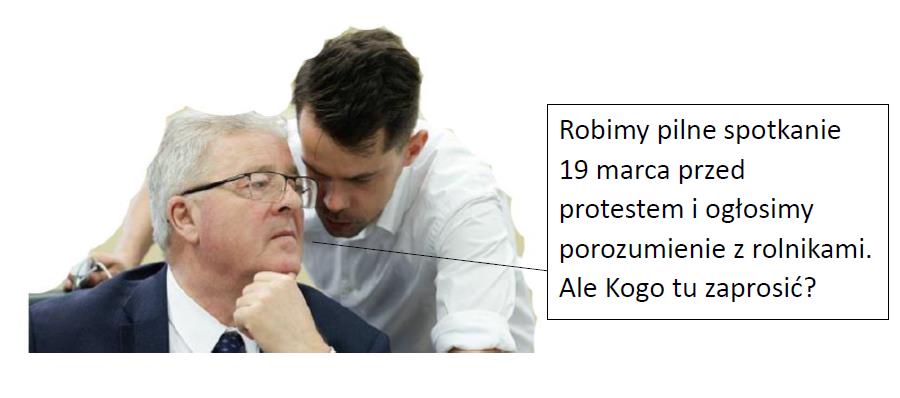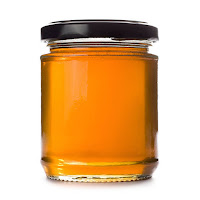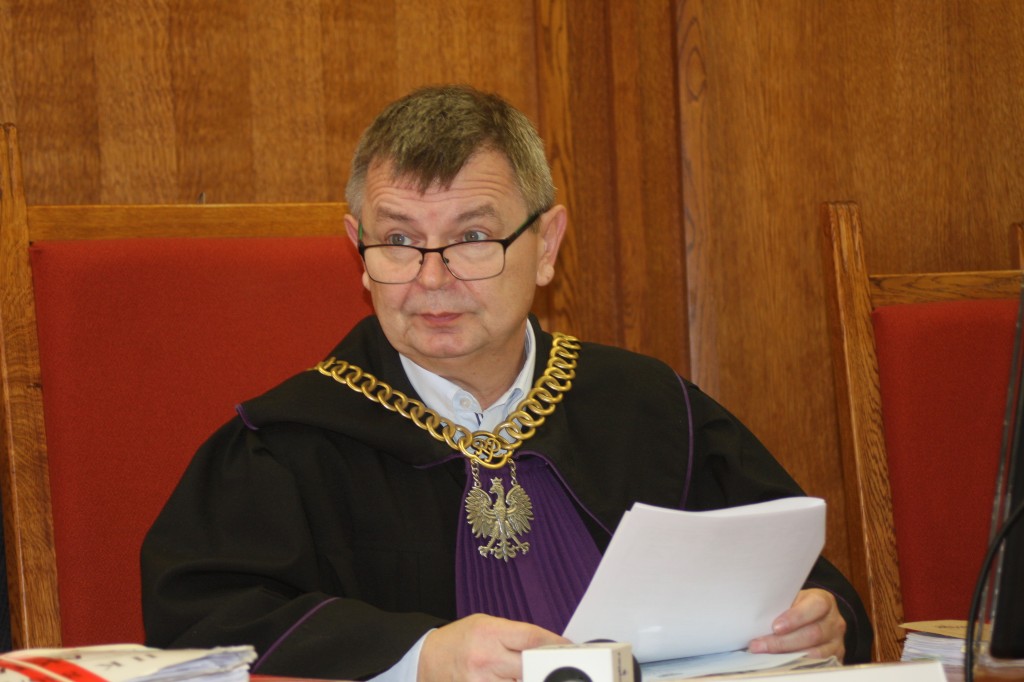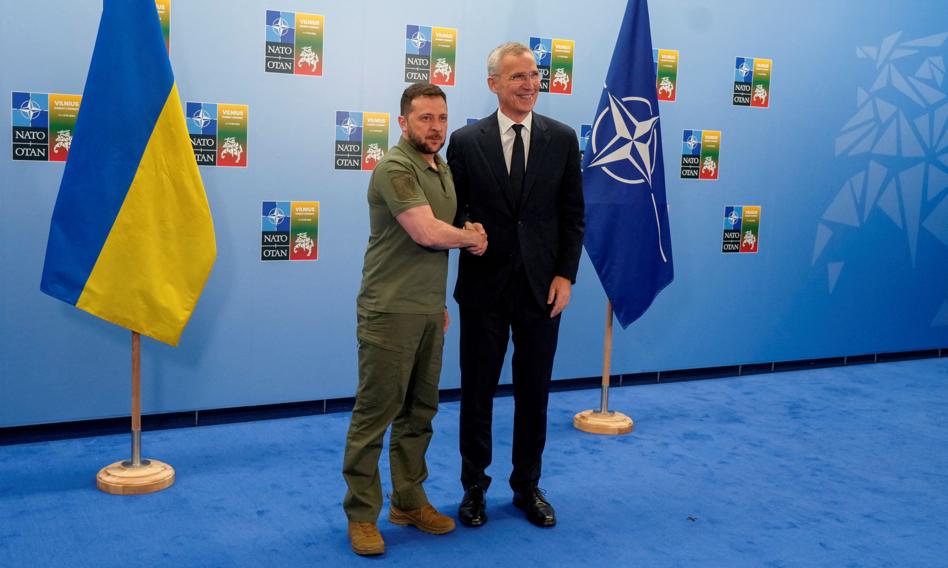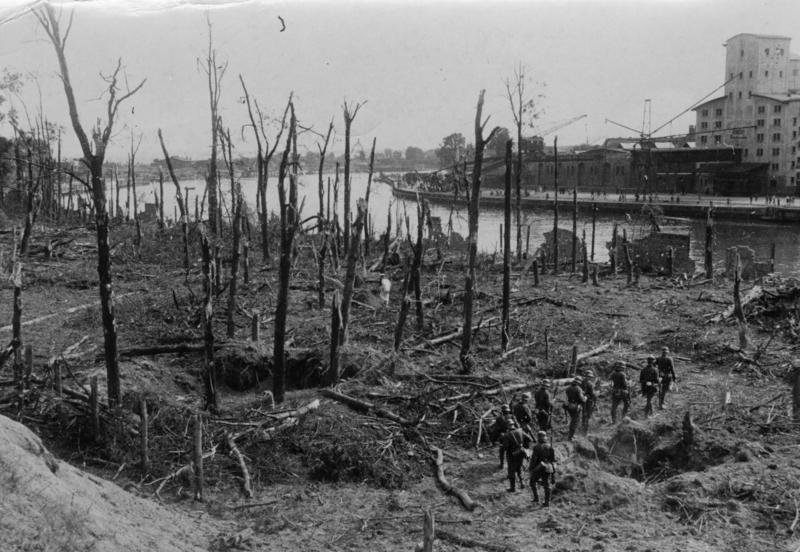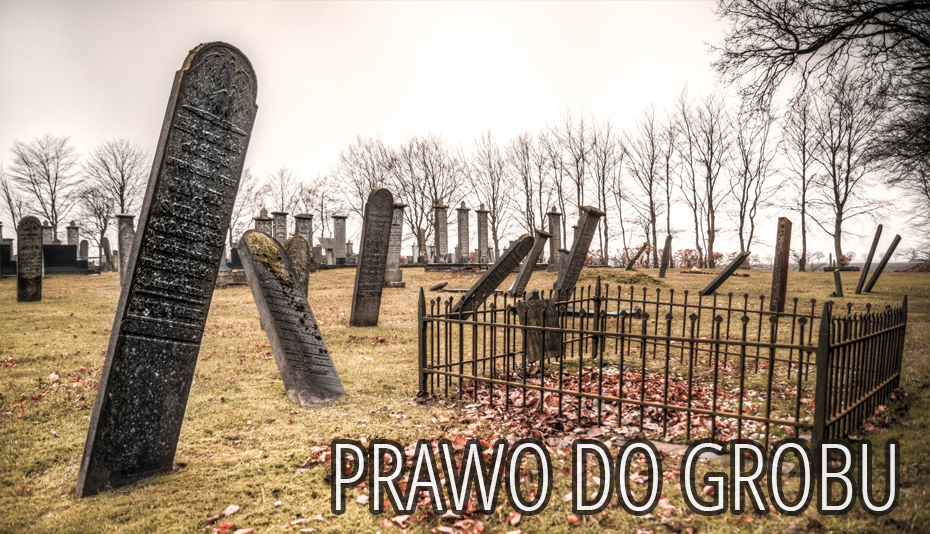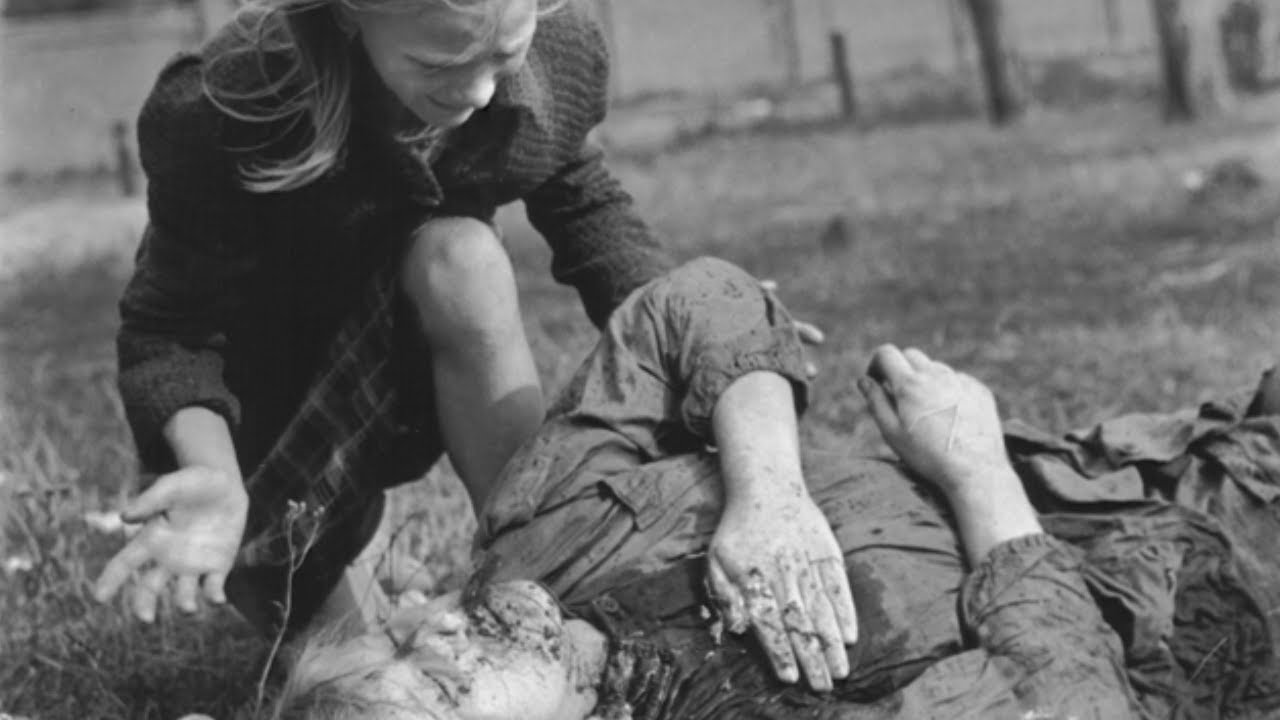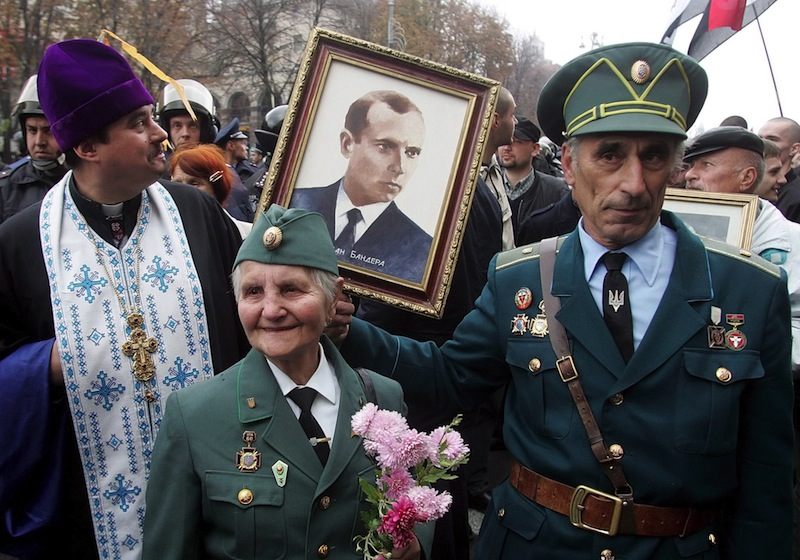-
Bohaterstwo, które podziwiał świat. „W..
POLSKA2 lata temu -
Neon24 – ruska V kolumna
POLSKA2 lata temu -
Nowe osoby w Zarządzie Amiblu
BIZNES2 lata temu -
Mechanizm warunkowości – krok ku Homo Eu..
POLSKA3 lata temu -
Wściekłe i wulgarne „Lemparcice” ..
POLSKA3 lata temu -
Rolnicze poparcie dla prezesa Elewarru – ..
NEWS3 lata temu
Bez kategorii
Like
Ksawery Pruszynski: “Polish Invasion”.
17/12/2012
738 Wyświetlenia
0 Komentarze
6 minut czytania

“Polska inwazja” ( scil. na Szkocje) to niewielki zbior krotkich, zabawnych i wzruszajacych zarazem reportarzy, pisanych na goraco w 1941 roku, w znakomitym, pelnym zycia tlumaczeniu na angielski.
Ksiazeczke wydano w Londynie w 1941 roku, zas obszerne fragmenty drukowal w tym samym czasie “The Catholic Herald”. Orginalnego, polskiego tekstu nie udalo mi sie nigdzie znalezc i byc moze dostepny jest jedynie w rekopisie.
Recencja pani Ireny Tomaszewskiej do wydania z 2009 roku:
Polish Invasion
By Ksawery Pruszyński, translated by Peter Jordan
Birlinn Ltd, 2009
By Ksawery Pruszyński, translated by Peter Jordan
Birlinn Ltd, 2009
Could one say about the years that Polish soldiers spent in Scotland: they were the best of times, they were the worst of times?
Ksawery Pruszyński’s book, "Polish Invasion," first published in 1941, is so amusing, so lighthearted that yes, you are tempted to say, “Yes, it was a terrible war but oh, what wonderful times we had.” It’s an entertaining book, fast paced, with marvelous characters. So why does it leave you so sad?
Because Pruszyński was a gifted writer, because he wrote with feeling and with a purpose and, perhaps most of all, because he wrote the book long before the war ended.
Sometimes known as a “radical” journalist, Pruszyński was, above all, a very independent journalist. After the fall of Poland in October 1939, he, along with thousands of others, trekked across Europe to join Polish forces determined to regroup and continue fighting Nazi Germany. He saw action in Norway and then spent several years in Britain until he once again fought in Europe, this time landing in Normandy with the Allies and taking part in the battle at Falaise.
He wrote "Polish Invasion" while in Scotland with the other Polish soldiers sent there to train and to defend Scotland in case of a German attack. While there, his keen eye, deft use of dialogue and marvelous imagination created this witty, clever, insightful and tender story of the early stages of this Polish-Scottish encounter.
The story is told largely through a conversation among several officers including a general, a colonel and a major as well as a Scottish officer who was a historian in civilian life and whose role was to explain Poles and Scots to one another. Pruszyński’s officers could almost fit into a Gilbert and Sullivan operetta except that you never forget that the humour is always just the highly polished veneer on a serious story.
The historian and the officers are sometimes joined by the clergy, who also have their views on Polish-Scottish differences, albeit more from a Protestant-Catholic perspective. Despite the clergy’s anxieties, the soldiers seem to care little about all this and are quite prepared to find romance with Scottish girls who, having lived only with Calvinists, had never met men who could “dance like Fred Astaire.”
It’s a delightful book, as amusing as it is instructive about the Polish-Scottish past as well as about their encounter in 1940. It also illustrates the essential human bond between people everywhere despite different social, cultural, national and religious differences though it requires some effort and a lot of good will to establish communications.
It is the end of the story that tugs at the heartstrings the most. When Pruszyński wrote this, he clearly believed that, despite the grave danger, ultimately the allies would win the war and Poles would return home. He imagined a wonderful scene, one in which the grateful Poles would invite their Scottish hosts to come and visit them, to see their country, taste their food, dance and sing their songs, and enjoy their hospitality. He didn’t know then how all this would end. We do.
The translation, which I assume is the original translation of 1941, is bright, lively and not at all stilted. Neal Ascherson provides his usual excellent historical background. But it is Pruszyński’s book, and it comes as no surprise that, decades, later Ryszard Kapuściński credited him with being a major influence and even inspiration. Both journalists write with that wonderful combination of keen observation, psychological insight and imagination. It’s a delightful book, well worth the tear or two that might be shed at the end.
Spolszcze wytluszczony przeze mnie fragment:
Najbardziej poruszajace jest zakonczenie. Widac, ze Pruszynski piszac wierzyl , iz mimo grozacych niebezpieczenstw, alianci wygraja wojne i Polacy powroca do swoich domow. Nakreslil w wyobrazni wspaniala scene, w ktorej wdzieczni Polacy zaprosza swoich szkockich gospodarzy z rewizyta, do zwiedzenia kraju, skosztowania polskich potraw ( i napojow ) tanca, spiewu i ogolnie pogoszczenia. Nie wiedzial wtedy, jak to sie zakonczy. My wiemy.
Na zdjeciu wprowadzajacym: Richard Demarco ( za http://www.edinburgh.com.pl ).
POPRZEDNI ARTYKUŁProfesor Tadeusz Iwiński:PO i PiS zbijają kapitał na …Smoleńsku.
NASTĘPNY ARTYKUŁAdam Michnik: Każdy naród ma takie media, na jakie zasłużył
COPYRIGHT 2023 3OBIEG.PL - SERWIS INFORMACYJNY DZIENNIKARSTWA OBYWATELSKIEGO


